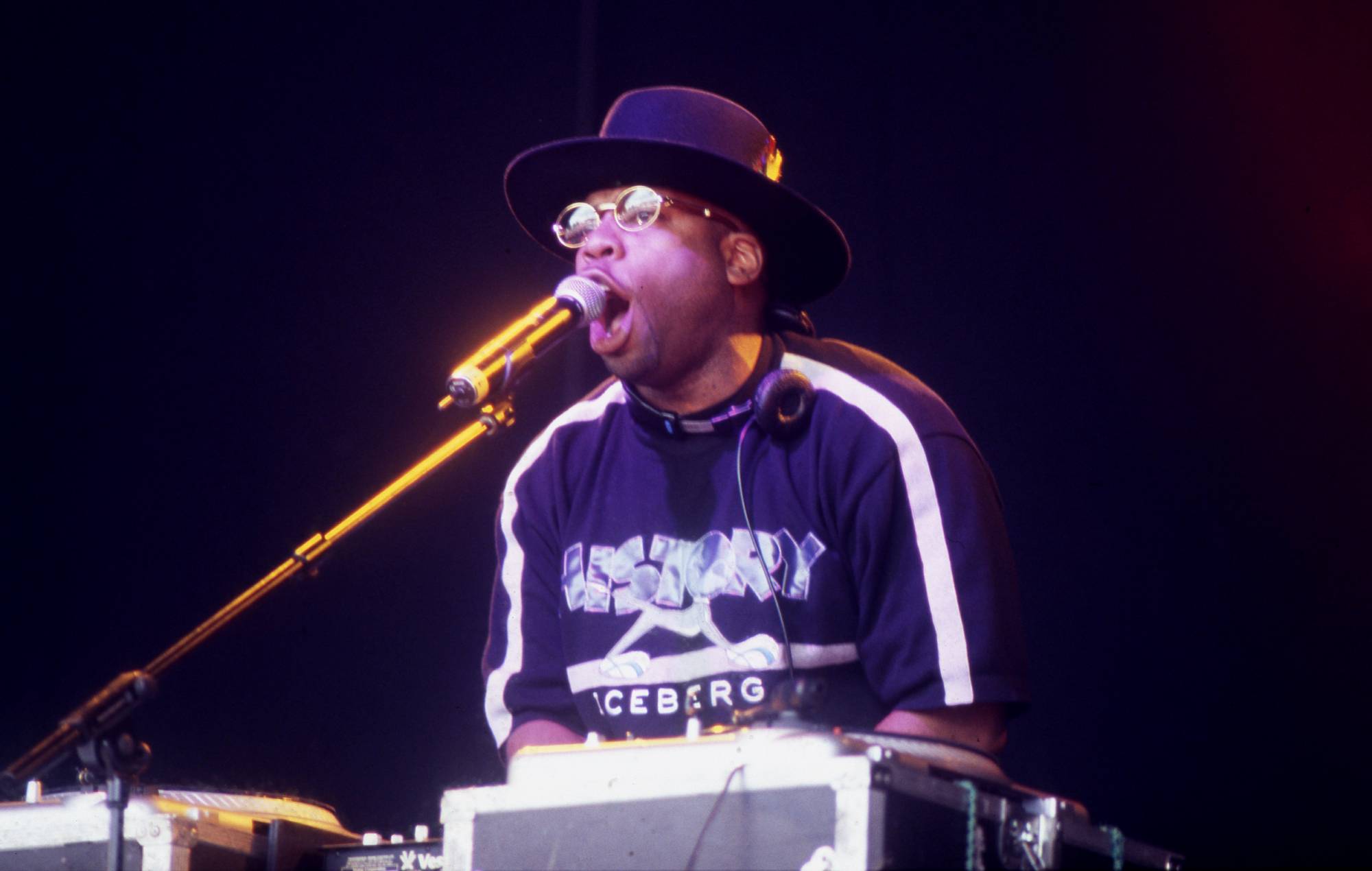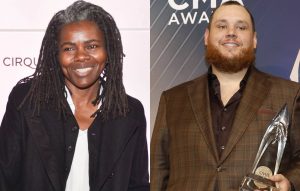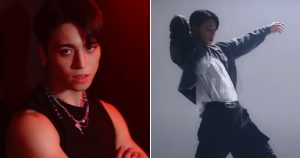Rap lyrics written by the man accused of killing Run-DMC‘s Jam Master Jay cannot be used in the murder trial, a US judge has ruled.
A decision was reached Tuesday (January 31), with federal judge LaShann DeArcy Hall ruling that the lyrics prosecutors wanted to use against Karl Jordan Jr were not directly connected to the star’s murder in 2002, according to Billboard.
Prosecutors wanted to use the lyrics: “We aim for the head, no body shots, and we stick around just to see the body drop.”
As Jam Master Jay – real name Jason Mizell – was shot in the head, they argued the lyrics “speaks directly to the issues in the case.”
“Courts should be wary of overly permissive rules allowing the use of rap lyrics and videos against criminal defendants at trial,” the judge wrote in response. “Music artists should be free to create without fear that their lyrics could be unfairly used against them at a trial.”
The judge offered a 14-page overview of the evolution of hip-hop, naming artists like Grand Master Flash, Public Enemy, Queen Latifah, Dr. Dre, Jay-Z, Ice Spice and more.
Rappers have “played the part of storytellers, providing a lens into their lives and those in their communities,” the judge said, and depictions of “criminal conduct” often brings scrutiny “not only from the public, but also from law enforcement.”
“As a result, the admissibility of rap lyrics has become the subject of dispute in courtrooms across the country,” Judge Hall wrote.
She cited other rap lyrics by Nas (“two in the dome, he’s laid down”) and Ice Cube (“two shots hit him in the face when they blasted”), and said that Jordan’s lines “merely contain generic references to violence that can be found in many rap songs.”
Another lyric of Jordan’s cited by prosecutors about “breaking down bricks” was suspected to be alluding to drug charges he is facing, but Hall cited other rap songs which make the same reference.
(L-R) American musician and DJ Jason “Jam Master Jay” Mizell (1965 – 2002), rapper, producer, DJ and television personality Joseph “Run” Simmons and rapper Darryl “DMC” McDaniels, of the American hip hop group Run-D.M.C, pose for a portrait in New York, New York in March 1985 (CREDIT: John Nordell/Getty Images)
“Jordan’s lyrics are simply too imprecise,” she said.
She added that the question should be whether the music has a more specific or literal “nexus to the criminal conduct”.
“Juries should not be placed in the unenviable position of divining a defendant’s guilt, in whole or in part, from a musical exposition with only a tenuous relationship to the criminal conduct alleged,” the judge added.
She also noted that she was not banning lyrics from all cases. “Individuals who choose to confess unmistakable details of their crimes should be held to those statements, to be sure,” she said.
The practice of using rap lyrics in trials – both in the US and UK – has been an increasingly contentious issue in recent months.
In January, Key members from the Art Not Evidence campaign called for legislation restricting the use of rap lyrics as evidence in criminal trials, backed by the likes of IDLES, Annie Mac and more.
At a House of Commons panel attended by NME, Art Not Evidence founder Elli Brazzill said the criminalisation of drill music in particular can impede up-and-coming rappers.
Giggs also spoke out against the police in a statement urging fans to support the campaign. “Evidence in court should be 100 per cent facts,” he said.
Jam Master Jay’s murder trial began Monday (January 30), with the court hearing that the Run-DMC legend’s killing was motivated by greed and revenge.
Both Jordan and Ronald Washington stand accused of the murder.
It’s alleged that Mizell was involved in cocaine deals, one of which involved Jordan Jr (18 at the time) and Washington. The pair were allegedly told they would be part of a deal worth nearly $200,000 (£157,000), but were said to have been cut out.
Prosecutors claimed Jordan Jr and Washington planned to murder Mizell after being “left with nothing”.
The defence told the jury that Jordan Jr and Washington did not murder Mizell, calling the claims “one version of many” and saying the defendants “have no clue who did it”.
The post Judge rules that lyrics cannot be used in Jam Master Jay murder trial appeared first on NME.




